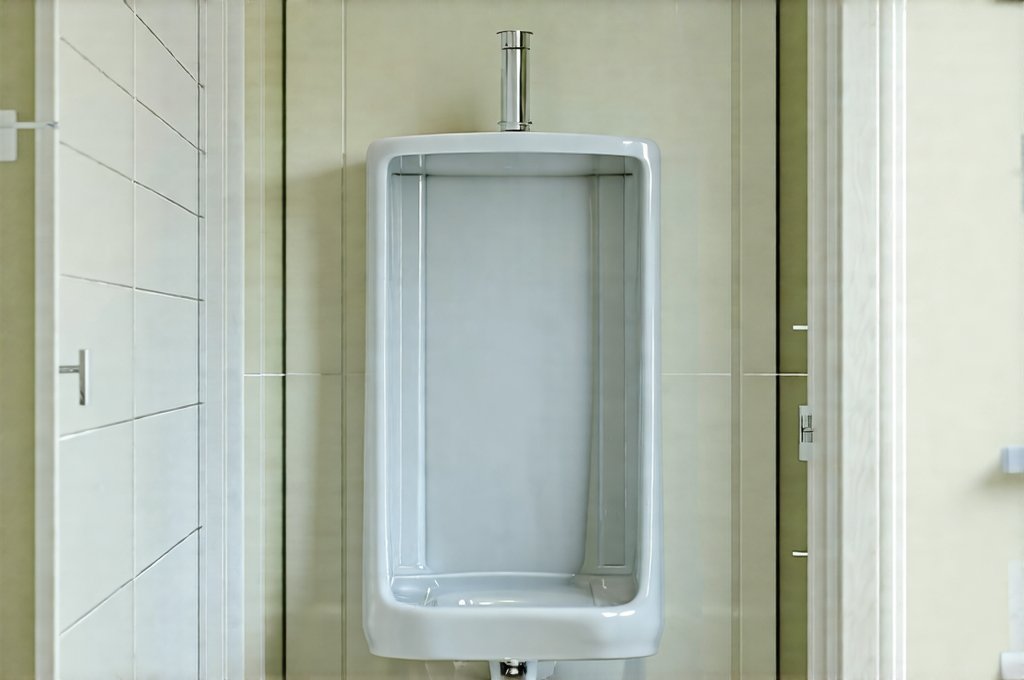The experience of shared housing is almost universally formative, often involving compromises on personal space, routines, and even basic bodily functions. While navigating differing lifestyles and cleaning schedules are common hurdles, a surprisingly pervasive (and rarely discussed) challenge arises from the simple need to use the bathroom. When that private moment becomes subject to potential interruption or awareness of others nearby, it can lead to the suppression of natural urges – a practice with potentially far-reaching consequences for physical and psychological well-being. This isn’t about embarrassment in the traditional sense; it’s often about navigating logistical realities, respecting housemate privacy, and avoiding awkward social encounters within the confined space of shared living.
The phenomenon stems from a complex interplay of factors: fear of disturbing others, anxiety about being overheard or seen, a desire to maintain an image of self-control, and simply the practical difficulty of timing bathroom visits when facilities are limited or heavily used. It’s a subtle but widespread adaptation to communal life, where individual needs are constantly balanced against collective considerations. Many individuals develop strategies – consciously or unconsciously – for delaying urination or defecation until more “appropriate” times, creating a cycle that can become habitual and potentially problematic over time. This article will explore the nuances of this often-overlooked aspect of shared housing life, examining its causes, potential effects, and coping mechanisms.
The Psychology of Delayed Gratification (and Its Limits)
The ability to delay gratification is generally considered a positive trait, signifying self-discipline and impulse control. However, consistently suppressing natural bodily urges crosses the line from healthy restraint into potentially harmful behavior. In shared housing situations, this isn’t about choosing to delay – it’s often about feeling compelled to do so due to external pressures. This compulsion is rooted in social anxieties and a desire to avoid disruption. Imagine needing to use the toilet while your housemate is on an important video call; the perceived awkwardness of interrupting or being overheard can easily outweigh the immediate physical need.
The psychological impact isn’t negligible. Regularly suppressing urges can increase stress levels, as the body remains in a state of tension and anticipation. This chronic low-level stress can contribute to anxiety, irritability, and even difficulty concentrating. Furthermore, it reinforces a pattern of disconnecting from bodily signals, potentially leading to diminished awareness of one’s own physical needs and vulnerabilities. It’s important to acknowledge that this isn’t simply “being polite”; it represents a compromise on self-care driven by the constraints of shared living arrangements. The internal dialogue often centers around minimizing inconvenience for others at the expense of personal comfort, creating a subtle but persistent strain.
The human body is not designed for consistent suppression of these basic functions. While occasional delays are unlikely to cause harm, frequent and prolonged postponement can disrupt natural physiological processes. This leads us to consider the physical consequences – explored further below. It’s a delicate balance; maintaining harmonious relationships with housemates shouldn’t come at the cost of long-term health. You may want to learn about common first steps for gut investigations if you are concerned about your digestive health.
Physical Ramifications of Suppression
Consistent suppression of bathroom urges places undue stress on several bodily systems. The urinary system, in particular, is vulnerable. Holding urine for extended periods can weaken bladder muscles over time, potentially leading to incontinence or a reduced ability to fully empty the bladder. This, in turn, increases the risk of urinary tract infections (UTIs) as residual urine provides an ideal breeding ground for bacteria. It’s not simply about discomfort; it’s about creating conditions that compromise urinary health.
Similarly, suppressing bowel movements can lead to constipation, bloating, and abdominal pain. The colon relies on regular elimination to function optimally. When stool remains in the colon for extended periods, it becomes harder and more difficult to pass, exacerbating the problem. Chronic constipation isn’t just uncomfortable; it can contribute to hemorrhoids, diverticulitis, and other digestive issues. Furthermore, some research suggests a link between chronic constipation and an increased risk of colorectal cancer – though this is still being investigated.
Beyond these specific systems, the act of consistently suppressing bodily urges contributes to overall physiological stress. The body releases cortisol (the “stress hormone”) in response to perceived threats or discomfort. Chronic cortisol elevation can weaken the immune system, disrupt sleep patterns, and increase the risk of cardiovascular disease. Ignoring your body’s signals isn’t a sign of strength; it’s a form of chronic self-neglect. Understanding stool signs you shouldn’t ignore is important for overall health.
Navigating Shared Bathroom Schedules & Communication
One of the biggest challenges in shared housing is simply coordinating bathroom access. Peak times – mornings before work/school, evenings after dinner – often lead to congestion and increased pressure to delay urges. Establishing clear (and respectful) communication with housemates can significantly alleviate this issue. This doesn’t necessarily require formal rules or schedules, but rather a willingness to be open and considerate. If you are experiencing digestive issues, it may be helpful to understand checkpoints to watch during symptom progression.
Here are some strategies:
1. Check-in system: A simple verbal check-in (“Hey, I’m about to use the bathroom”) can avoid unexpected interruptions and provide reassurance.
2. Signal for privacy: Using a visual signal (a door hanger or a specific item placed on the doorknob) can indicate when someone is occupied and needs undisturbed time.
3. Negotiated peak times: Discussing and potentially adjusting individual routines to minimize overlap during peak hours can create more breathing room.
It’s crucial that these conversations are approached with empathy and understanding. The goal isn’t to restrict anyone’s access or impose rigid rules, but rather to create a shared environment where everyone feels comfortable and respected. It’s also important to remember that everyone has different needs and tolerances. What works for one person may not work for another. Flexibility and compromise are key. Consider the impact of this on your overall lifestyle and how building a life doesn’t revolve around the bathroom can improve your well being.
Establishing Personal Boundaries & Self-Care
Ultimately, protecting your physical and mental well-being in a shared housing situation requires establishing clear personal boundaries. This means prioritizing your health even when it feels awkward or inconvenient. It’s okay to excuse yourself from a conversation or activity if you need to use the bathroom – don’t feel obligated to suffer in silence.
Here are some strategies for self-care:
– Prioritize timing: If possible, plan bathroom visits during periods of low housemate activity.
– Don’t apologize excessively: A simple “Excuse me” is sufficient; avoid overly apologetic explanations or justifications.
– Seek alternative solutions: If the shared bathroom schedule consistently creates problems, explore options like waking up earlier or using a different facility (e.g., at a gym or library) if available.
Furthermore, it’s important to address any underlying anxieties that contribute to urge suppression. Mindfulness techniques and stress-reduction exercises can help manage social anxiety and reduce the perceived pressure to avoid disruption. If you find yourself consistently struggling with this issue, consider talking to a therapist or counselor who can provide support and guidance. Remember: your health is paramount, and it’s okay to prioritize your needs even within the constraints of shared living. The key is finding a balance between respecting communal harmony and preserving your own well-being. Don’t hesitate to bring up tests during your next appointment if you are concerned about underlying issues, or discuss GI diagnostics often skipped during general exams with your doctor. Understanding tools for gut checks can also provide valuable insight into your overall digestive health.


















